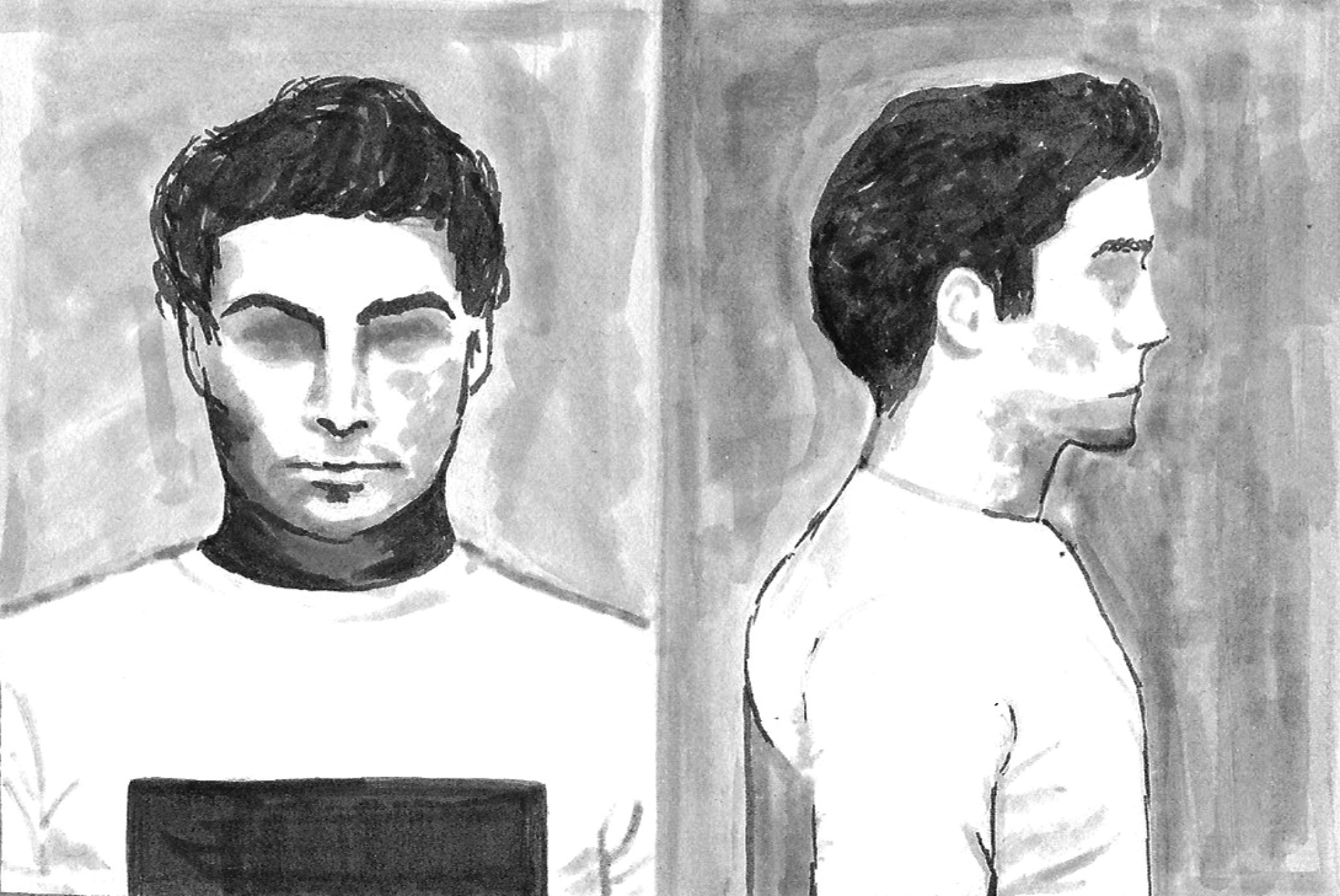One of Netflix’s most recent releases, titled Extremely Wicked, Shockingly Evil and Vile, has sparked attention for its eerie and fascinating recount of the famous serial killer Ted Bundy. Netflix’s apparent obsession with the famed killer began with the release of the show Conversations with a Killer: The Ted Bundy Tapes. The new film stars two well-known actors, Zac Efron and Lily Collins. Efron plays Bundy himself, while Collins plays his girlfriend at the time: Liz, short for Elizabeth Kloepfer.
The film not only recounts Bundy’s criminal actions as they unfold, but also Kloepfer’s relationship with Bundy throughout the turmoil of the investigation and trial into Bundy’s murders. In 1981, Kloepfer published a novel narrating her experience, The Phantom Prince: My Life with Ted Bundy, which she released under the pseudonym Elizabeth Kendall. The film was largely inspired by her story and influenced by Kloepfer’s true experiences while in a close relationship with Bundy.
What is most striking about this film is its incredible portrayal of Ted Bundy. Efron’s performance in the film is impressive and believable. From the opening scene in which Bundy meets Elizabeth Kloepfer, his charismatic personality and social ease are distinctly noticeable. He seems to effortlessly become close with her, and quickly becomes a big part of her life, even taking care of her two-year-old daughter at times. Even as the truth begins to unfold, he maintains an image of disturbing charisma. It isn’t until the end of the film when Bundy confesses to any of the murders. Up until that point, he insists that he is innocent, and that the whole investigation is a set-up.
Liz retains a close relationship with Bundy throughout the film, but as the trial goes on she begins to distance herself from him. During the beginning of their relationship, Liz remains oblivious to his dark side. It is only when she sees a sketch of a man with the word “Ted” underneath that she begins to suspect that he could be dangerous. As more clues begin to surface pointing at Bundy as the perpetrator, her unwillingness to accept Bundy’s devilry almost encourages the audience to do the same.
Though the film does an outstanding job of depicting Bundy’s attractive personality and charm, it consequently glosses over his savagery and the cruelty of his murders.
There is a heavy emphasis on Bundy’s physical attractiveness, as shown by the many young women and girls who show up at the courtroom to see his trial. Despite these traits being true, Bundy confessed to over 30 murders, and experts have placed the true number at as high as 100 victims.
The film’s fascination with Bundy’s personality romanticizes the gruesome nature of his crimes. Similarly, the relationship between Kloepfer and Bundy is the central focus on the film, which contributes to the sense of the story being dramatized in a Hollywood manner for entertainment purposes. Overall, this felt like the biggest flaw in an otherwise enticing and suspenseful movie.





